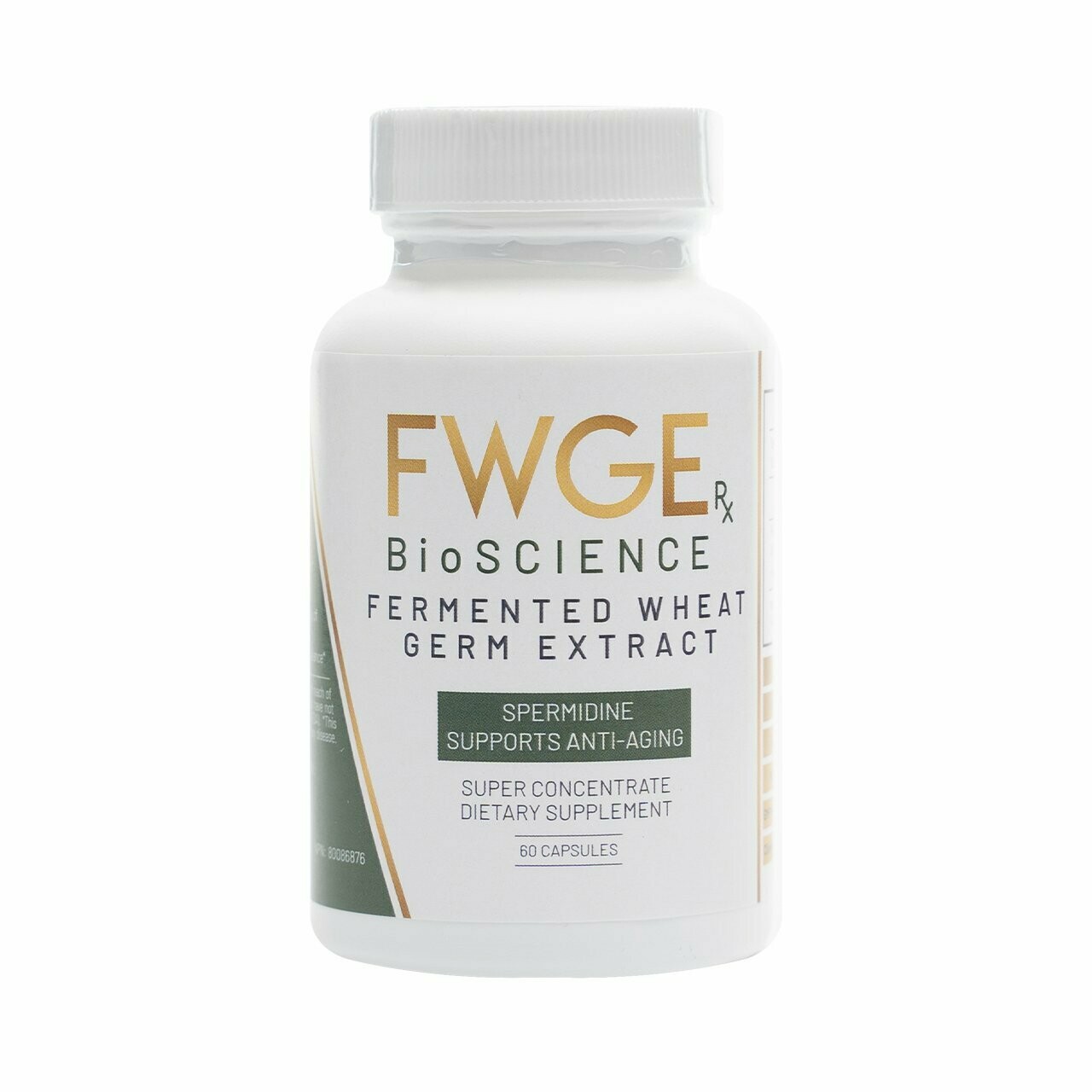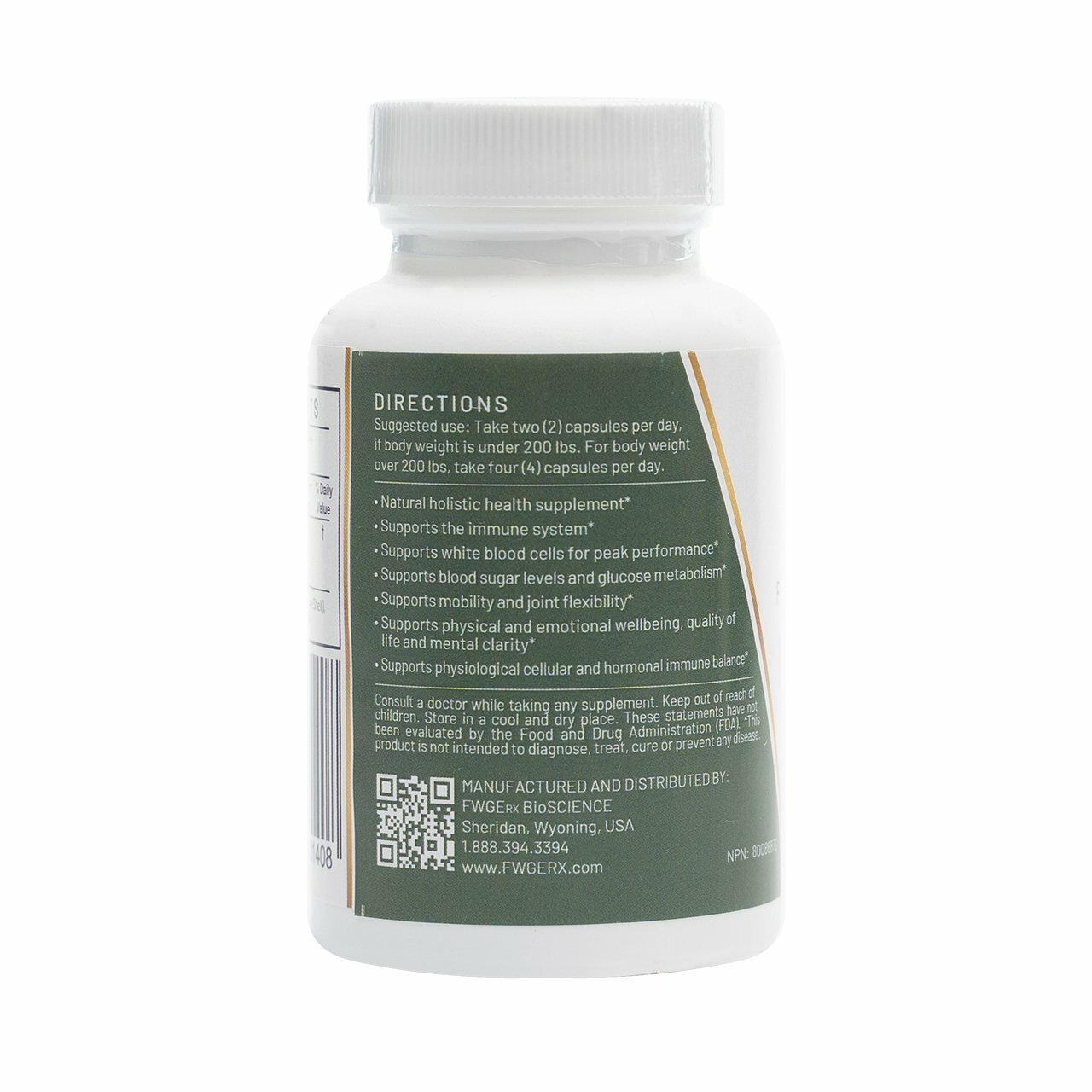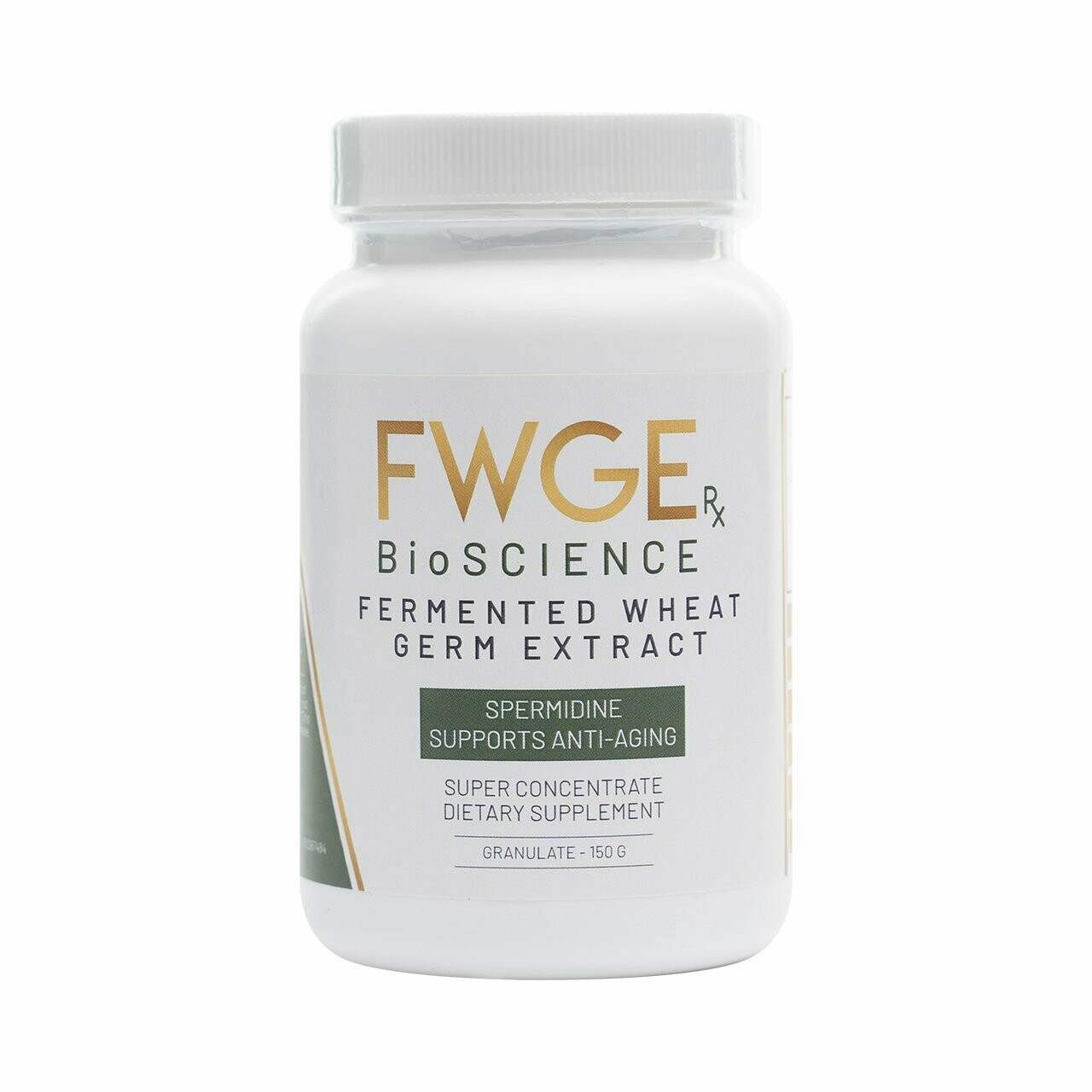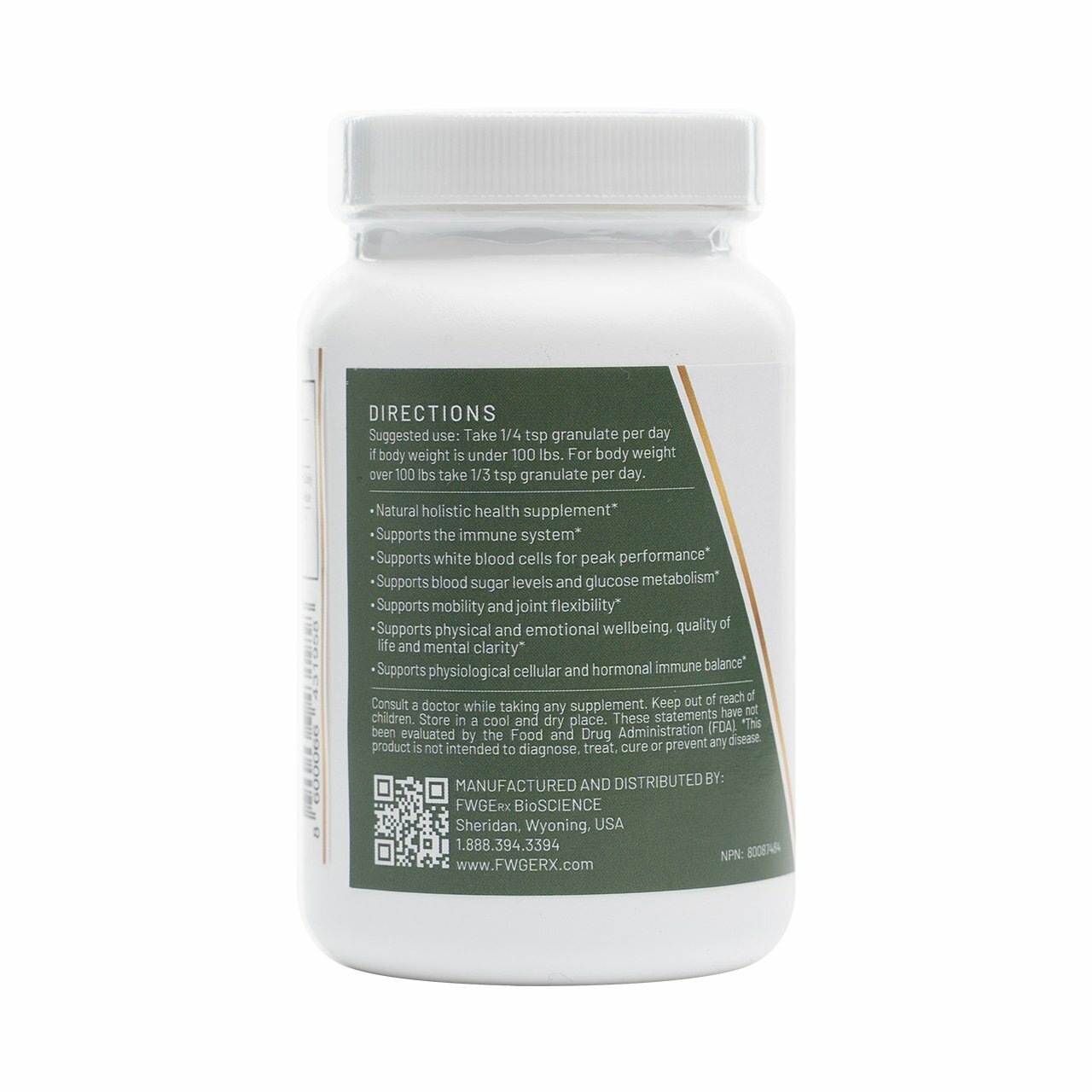Neurological Protection
List of Services
-
Spermidine boosts autophagy to protect from synapse aging
All animals form memories to adapt their behavior in a context-dependent manner. With increasing age, however, forming new memories becomes less efficient. While synaptic plasticity promotes memory formation, the etiology of age-induced memory formation remained enigmatic. Previous work showed that simple feeding of polyamine spermidine protects from age-induced memory impairment in Drosophila. Most recent work now shows that spermidine operates directly at synapses, allowing for an autophagy-dependent homeostatic regulation of presynaptic specializations. How exactly autophagic regulations intersect with synaptic plasticity should be an interesting subject for future research.
Spermidine boosts autophagy to protect from synapse aging
-
Spermidine protects against α-synuclein neurotoxicity
As our society ages, neurodegenerative disorders like Parkinson`s disease (PD) are increasing in pandemic proportions. While mechanistic understanding of PD is advancing, a treatment with well tolerable drugs is still elusive. Here, we show that administration of the naturally occurring polyamine spermidine, which declines continuously during aging in various species, alleviates a series of PD-related degenerative processes in the fruit fly Drosophila melanogaster and the nematode Caenorhabditis elegans, two established model systems for PD pathology. In the fruit fly, simple feeding with spermidine inhibited loss of climbing activity and early organismal death upon heterologous expression of human a-synuclein, which is thought to be the principal toxic trigger of PD. In this line, administration of spermidine rescued a-synuclein-induced loss of dopaminergic neurons, a hallmark of PD, in nematodes. Alleviation of PD-related neurodegeneration by spermidine was accompanied by induction of autophagy, suggesting that this cytoprotective process may be responsible for the beneficial effects of spermidine administration.
Spermidine protects against α-synuclein neurotoxicity
-
Spermidine-triggered autophagy ameliorates memory during aging
The aging process drives the progressive deterioration of an organism and is thus subject to a complex interplay of regulatory and executing mechanisms. Our understanding of this process eventually aims at the delay and/or prevention of age-related pathologies, among them the age-dependent decrease in cognitive performance (e.g., learning and memory). Using the fruit fly Drosophila melanogaster, which combines a generally high mechanistic conservation with an efficient experimental access regarding aging and memory studies, we have recently unveiled a protective function of polyamines (including spermidine) against age-induced memory impairment (AMI). The flies’ age-dependent decline of aversive olfactory memory, an established model for AMI, can be rescued by both pharmacological treatment with spermidine and genetic modulation that increases endogenous polyamine levels. Notably, we find that this effect strictly depends on autophagy, which is remarkable in light of the fact that autophagy is considered a key regulator of aging in other contexts. Given that polyamines in general and spermidine in particular are endogenous metabolites, our findings place them as candidate target substances for AMI treatment.
Spermidine-triggered autophagy ameliorates memory during aging
-
Effects of spermidine supplementation on cognition and biomarkers in older adults with subjective cognitive decline (SmartAge)—study protocol for a randomized controlled trial
Abstract
Background: Given the global increase in the aging population and age-related diseases, the promotion of healthy aging is one of the most crucial public health issues. This trial aims to contribute to the establishment of effective approaches to promote cognitive and brain health in older individuals with subjective cognitive decline (SCD). Presence of SCD is known to increase the risk of objective cognitive decline and progression to dementia due to Alzheimer’s disease. Therefore, it is our primary goal to determine whether spermidine supplementation has a positive impact on memory performance in this at-risk group, as compared with placebo. The secondary goal is to examine the effects of spermidine intake on other neuropsychological, behavioral, and physiological parameters.
Methods: The SmartAge trial is a monocentric, randomized, double-blind, placebo-controlled phase IIb trial. The study will investigate 12 months of intervention with spermidine-based nutritional supplementation (target intervention) compared with 12 months of placebo intake (control intervention).
Effects of spermidine supplementation on cognition and biomarkers in older adults with subjective cognitive decline (SmartAge)—study protocol for a randomized controlled trial
-
Spermidine and spermine delay brain aging by inducing autophagy in SAMP8 mice
The natural polyamine spermidine and spermine have been reported to ameliorate aging and aging-induced dementia. However, the mechanism is still confused. An aging model, the senescence accelerated mouse-8 (SAMP8), was used in this study. Novel object recognition and the open field test results showed that oral administration of spermidine, spermine and rapamycin increased discrimination index, modified number, inner squares distance and times. Spermidine and spermine increased the activity of SOD, and decreased the level of MDA in the aging brain. Spermidine and spermine phosphorylate AMPK and regulate autophagy proteins (LC3, Beclin 1 and p62). Spermidine and spermine balanced mitochondrial and maintain energy for neuron, with the regulation of MFN1, MFN2, DRP1, COX IV and ATP. In addition, western blot results (Bcl-2, Bax and Caspase-3, NLRP3, IL-18, IL-1β) showed that spermidine and spermine prevented apoptosis and inflammation, and elevate the expression of neurotrophic factors, including NGF, PSD95and PSD93 and BDNF in neurons of SAMP8 mice. These results indicated that the effect of spermidine and spermine on anti-aging is related with improving autophagy and mitochondrial function.
Spermidine and spermine delay brain aging by inducing autophagy in SAMP8 mice
-
Spermidine for a Long, Dementia-Free Life?
Spermidine, N-(3-aminopropyl) butane-1,4-diamine, is an endogenous basic compound known for more than 90 years. The biosynthesis of spermidine, its pharmacological properties including distribution, metabolism and excretion have been thoroughly investigated. Spermidine and other polyamines have been early associated with growth and aging, and were found to stabilize various cellular and subcellular components including nucleic acids due to their polyvalent cationic structures. Polyamines including spermidine have been found at elevated circulating and urinary concentrations in a variety of diseases including cancer and psoriasis. Thus, decreasing the concentration of polyamines mainly by inhibiting their biosynthesis is regarded as a realistic therapeutical strategy. Yet, more recent studies suggest that exogenous spermidine exerts beneficial effects on the brain where it protects from age-induced memory impairment, protects the heart and extents lifespan. Supplementation of the natural compound spermidine has emerged as an autophagy and mitophagy inducer in a mice model of aging and hypertension and lowered high blood pressure. In humans, high dietary spermidine intake was found to correlate with reduced blood pressure and decreased risk of cardiovascular disease and related death. Scientists in this area of research suggest that integration of spermidine in common diets may represent a cardio- and vascular-protective autophagy inducer in humans. The present article provides a brief review of the recent literature reporting on spermidine and takes the chance to make a first evaluation of the pharmacological potential of spermidine to reverse age-induced memory impairment, to protect the heart and to extent lifespan.
Spermidine for a Long, Dementia-Free Life?
-
Spermidine in dementia
Previous studies have highlighted that spermidine has the ability to trigger the important process of dissolving amyloid-beta plaques by autophagy. This manuscript focuses on the correlation of serum spermidine levels between age and between performance in mini-mental state examinations. It will serve as a premise for an ongoing multicentric placebo-controlled study, which focuses on the effect of oral spermidine supplementation on memory performance. Memory tests were carried out on 80 subjects aged 60–96 years old in 6 nursing homes in Styria. Blood samples were taken for the determination of spermidine concentration. The results showed a significant correlation between the spermidine concentration and the mini-mental state examination score (p= 0.025). On the basis of the dependence demonstrated it can be concluded that spermidine might be suitable as a biomarker for the diagnosis of neurocognitive changes (senile dementia or Alzheimer’s disease).
Spermidine in dementia
-
Spermidine protects from agerelated synaptic alterations at hippocampal mossy fber-CA3 synapses
Aging is associated with functional alterations of synapses thought to contribute to age-dependent memory impairment (AMI). While therapeutic avenues to protect from AMI are largely elusive, supplementation of spermidine, a polyamine normally declining with age, has been shown to restore defective proteostasis and to protect from AMI in Drosophila. Here we demonstrate that dietary spermidine protects from age-related synaptic alterations at hippocampal mossy fber (MF)-CA3 synapses and prevents the aging-induced loss of neuronal mitochondria. Dietary spermidine rescued age-dependent decreases in synaptic vesicle density and largely restored defective presynaptic MF-CA3 long-term potentiation (LTP) at MF-CA3 synapses (MF-CA3) in aged animals. In contrast, spermidine failed to protect CA3-CA1 hippocampal synapses characterized by postsynaptic LTP from age-related changes in function and morphology. Our data demonstrate that dietary spermidine attenuates ageassociated deterioration of MF-CA3 synaptic transmission and plasticity. These fndings provide a physiological and molecular basis for the future therapeutic usage of spermidine.
Spermidine protects from agerelated synaptic alterations at hippocampal mossy fber-CA3 synapses
-
AGE-RELATED CHANGES IN POLYAMINES IN MEMORY-ASSOCIATED BRAIN STRUCTURES IN RATS
Abstract—Polyamines putrescine, spermidine and spermine are positively charged aliphatic amines and have important roles in maintaining normal cellular function, regulating neurotransmitter receptors and modulating learning and memory. Recent evidence suggests a role of putrescine in hippocampal neurogenesis, that is significantly impaired during aging. The present study measured the polyamine levels in memory-related brain structures in 24- (aged), 12- (middleaged) and 4- (young) month-old rats using liquid chromatography/mass spectrometry and high performance liquid chromatography. In the hippocampus, the putrescine levels were significantly decreased in the CA1 and dentate gyrus, and increased in the CA2/3 with age. Significant age-related increases in the spermidine levels were found in the CA1 and CA2/3. There was no difference between groups in spermine in any sub-regions examined. In the parahippocampal region, increased putrescine level with age was observed in the entorhinal cortex, and age did not alter the spermidine levels. The spermine level was significantly decreased in the perirhinal cortex and increased in the postrhinal cortex with age. In the prefrontal cortex, there was age-related decrease in putrescine, and the spermidine and spermine levels were significantly increased with age. This study, for the first time, demonstrates age-related region-specific changes in polyamines in memory-associated structures, suggesting that polyamine system dysfunction may potentially contribute to aged-related impairments in hippocampal neurogenesis and learning and memory. © 2008 IBRO. Published by Elsevier Ltd. All rights reserved.
AGE-RELATED CHANGES IN POLYAMINES IN MEMORY-ASSOCIATED BRAIN STRUCTURES IN RATS
-
Polyamines in Human Brain : Regional Distribution and Influence of Aging
Abstract: Although much evidence has implicated polyamines in brain development and function, little information is available on these substances in human brain . We examined the influence of regional distribution and aging on putrescine, spermidine, and spermine levels in autopsied human brain . In the adult brain, concentrations of spermidine were the highest, followed by spermine and putrescine . All three polyamines showed a distinct and uneven distribution profile among the 10 examined brain areas . Spermidine levels were especially high in white matter and thalamus (20 and 9.3 nmol/mg of protein, respectively), whereas spermine concentrations were highest in cerebellar cortex (3 .4 nmol/mg of protein) . High levels of putrescine were observed in cerebral cortices, putamen, and hippocampus (0.7-1 .2 nmol/mg of protein), with lowest levels in cerebellum and thalamus (0 .3- 0 .5 nmol/mg of protein) . No statistically significant influence of aging (1 day to 103 years; n = 57) on either putrescine or spermine levels in occipital cortex was observed . In contrast, spermidine levels increased markedly from birth, reaching maximal levels at -40 years of age (+228% increase in the mean 41-year-old group vs . 6- week-old group), which were maintained up to senescence . These observations in human brain thus differ from those reported in the rodent, in which levels of all three polyamines show a pronounced postnatal reduction . Our data support the notion that polyamines may have roles in both postnatal brain development and in mature brain function . Key Words: Polyamines-Spermine-Spermidine-Putrescine-Aging-Regional distribution . J. Neurochem. 65, 636-642 (1995) .
Polyamines in Human Brain : Regional Distribution and Influence of Aging
-
Restoring polyamines protects from age-induced memory impairment in an autophagy-dependent manner
Age-dependent memory impairment is known to occur in several organisms, including Drosophila, mouse and human. However, the fundamental cellular mechanisms that underlie these impairments are still poorly understood, effectively hampering the development of pharmacological strategies to treat the condition. Polyamines are among the substances found to decrease with age in the human brain. We found that levels of polyamines (spermidine, putrescine) decreased in aging fruit flies, concomitant with declining memory abilities. Simple spermidine feeding not only restored juvenile polyamine levels, but also suppressed age-induced memory impairment. Ornithine decarboxylase-1, the rate-limiting enzyme for de novo polyamine synthesis, also protected olfactory memories in aged flies when expressed specifically in Kenyon cells, which are crucial for olfactory memory formation. Spermidine-fed flies showed enhanced autophagy (a form of cellular self-digestion), and genetic deficits in the autophagic machinery prevented spermidine-mediated rescue of memory impairments. Our findings indicate that autophagy is critical for suppression of memory impairments by spermidine and that polyamines, which are endogenously present, are candidates for pharmacological intervention.
Restoring polyamines protects from age-induced memory impairment in an autophagy-dependent manner
We take intellectual property rights very seriously. Kindly note that neither FWGERx BioSCIENCE nor any of our affiliates nor subsidiaries were involved with the funding or publication of any of these studies or articles. As such, there are no conflicts that arise. All intellectual and property rights belong to either the respective author(s) or the journal. This product is neither associated with nor endorsed by any of the respective author(s) or the journals cited above. These studies and articles are cited in their original form under the Open Access policy of the Fair Use law. If you are an author or journal representative of one of the aforementioned studies or articles, and if you believe that any of the above publications have been posted in violation of copyright, please contact us. It is not our intent to violate anyone's intellectual property rights. Therefore, we will carefully evaluate any take-down requests we receive. In the event our analysis determines there exists a potential violation of intellectual property rights, we will act on it immediately.





